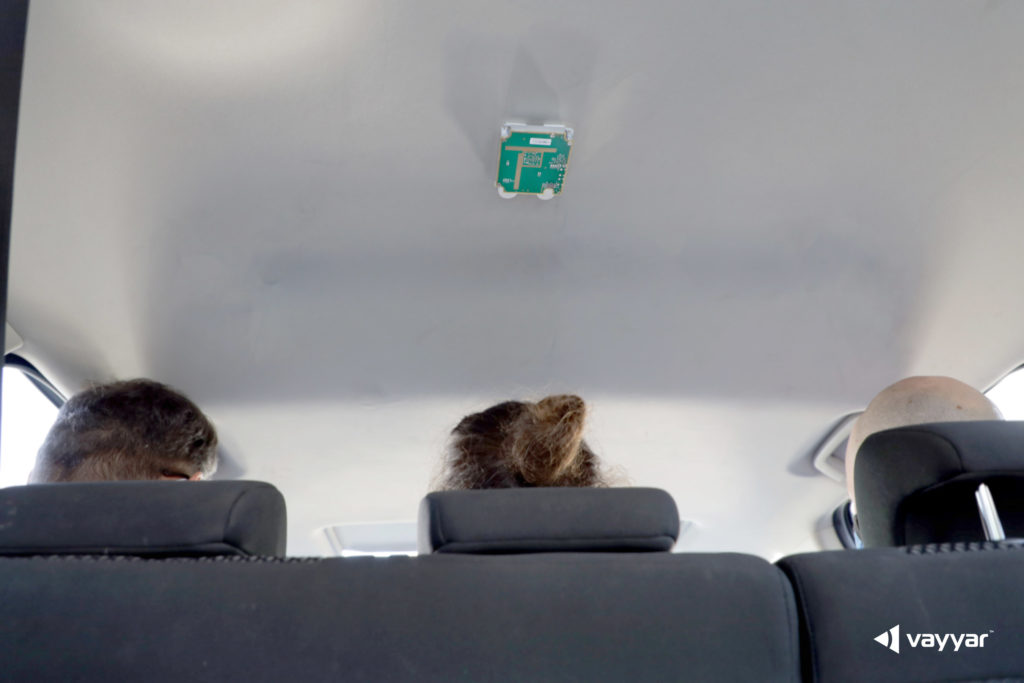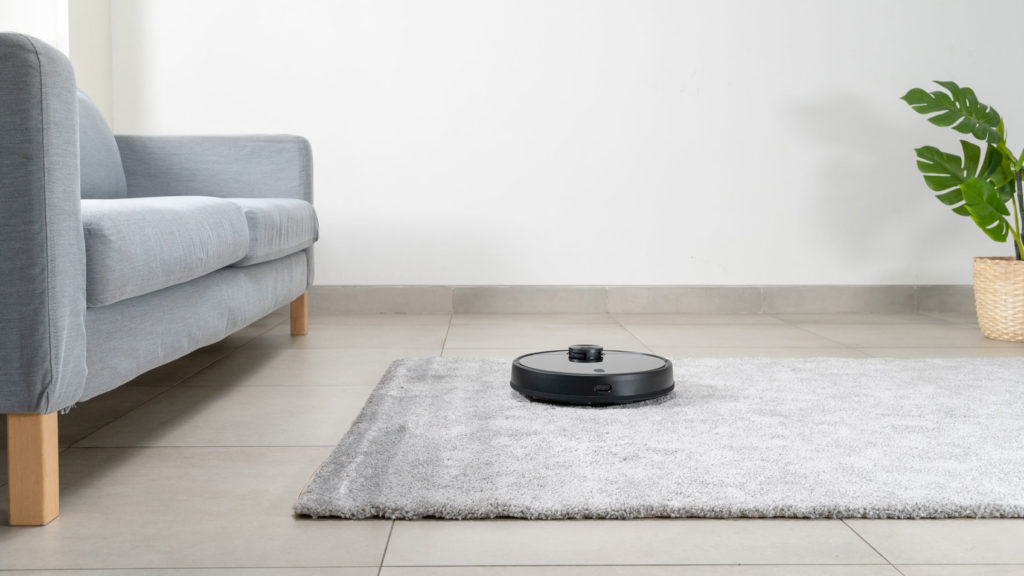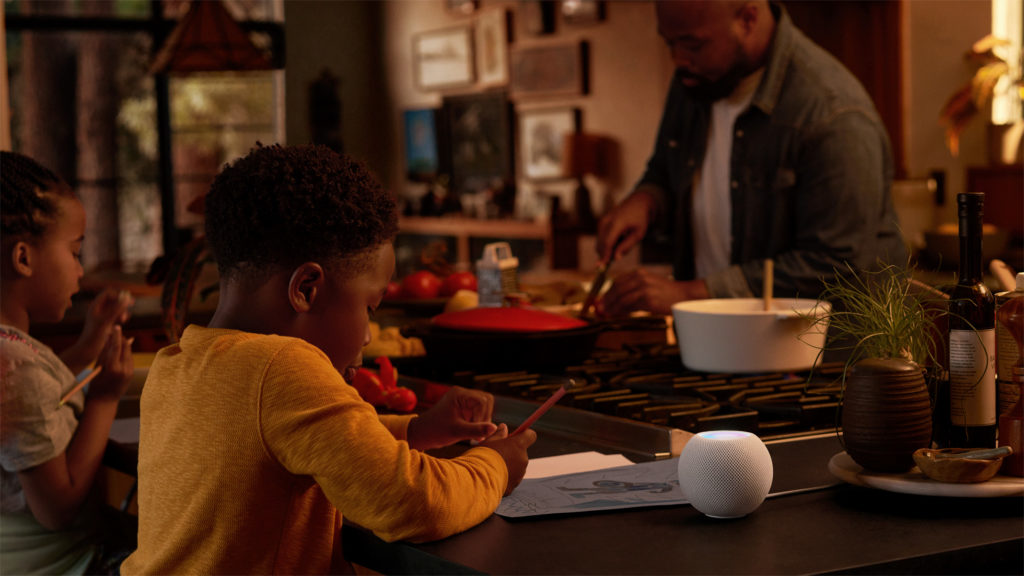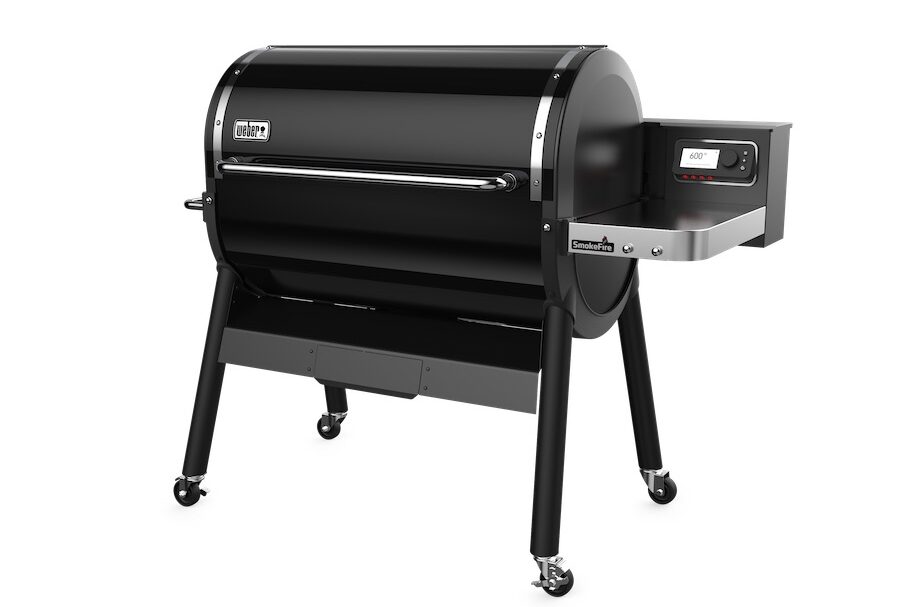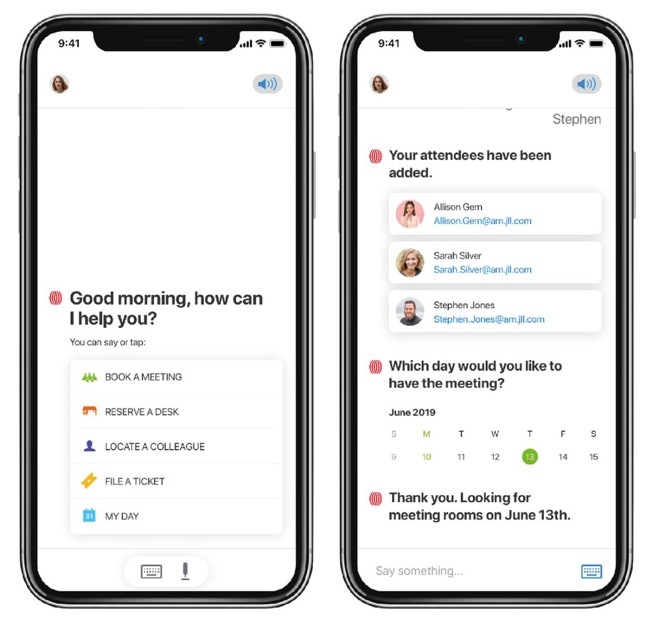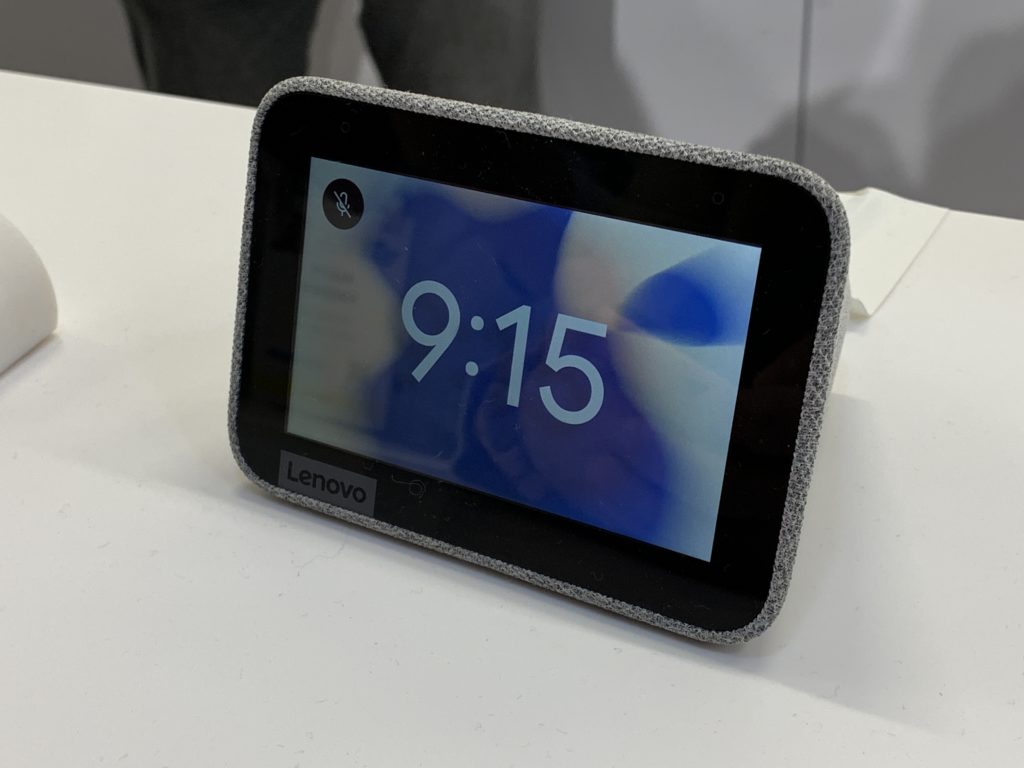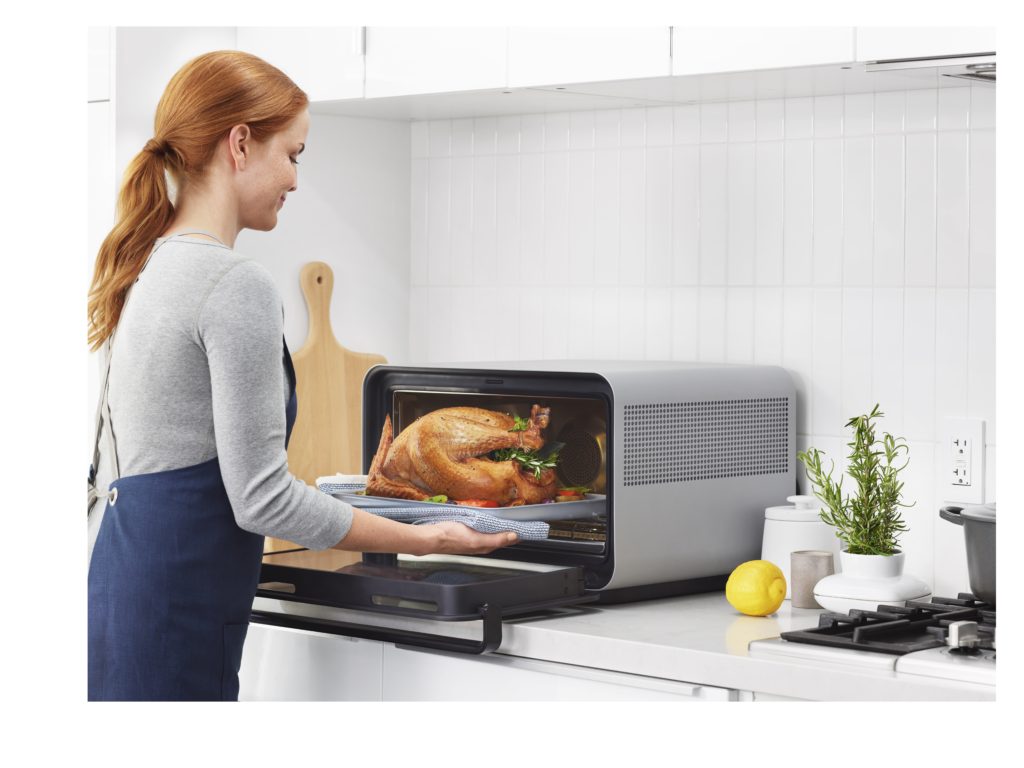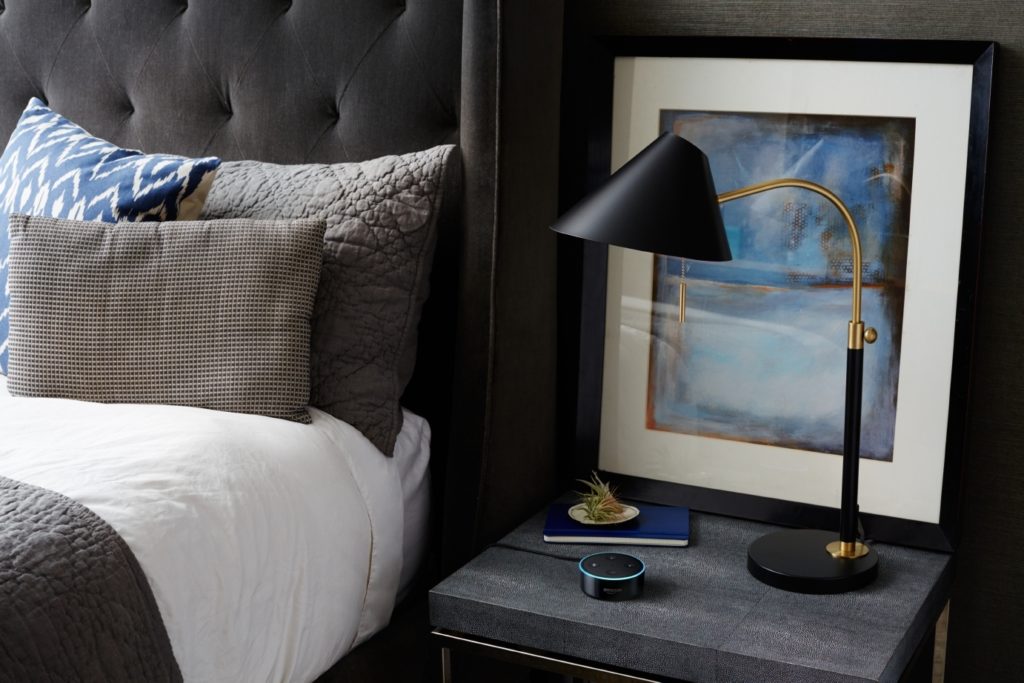This week’s show launches with a deep dive on Project Connected Home over IP after the Zigbee Alliance released many new details about the specification. We discuss when you can expect it, the devices you’ll see, and the security model. Then we cover the new Wyze lamp, smart auto-dimming windows, Logitech killing the Harmony remote, and Spotify’s new Car Thing. On the enterprise side, we cover a new IoT device vulnerability, funding for Density, a people counting company, and Edge Impulse making it easier to build edge-based ML models on the Raspberry Pi 4. Kevin then shares his thoughts on Logitech’s CircleView camera. We end with a question on what will happen to Z-wave and Zigbee if CHIP succeeds.
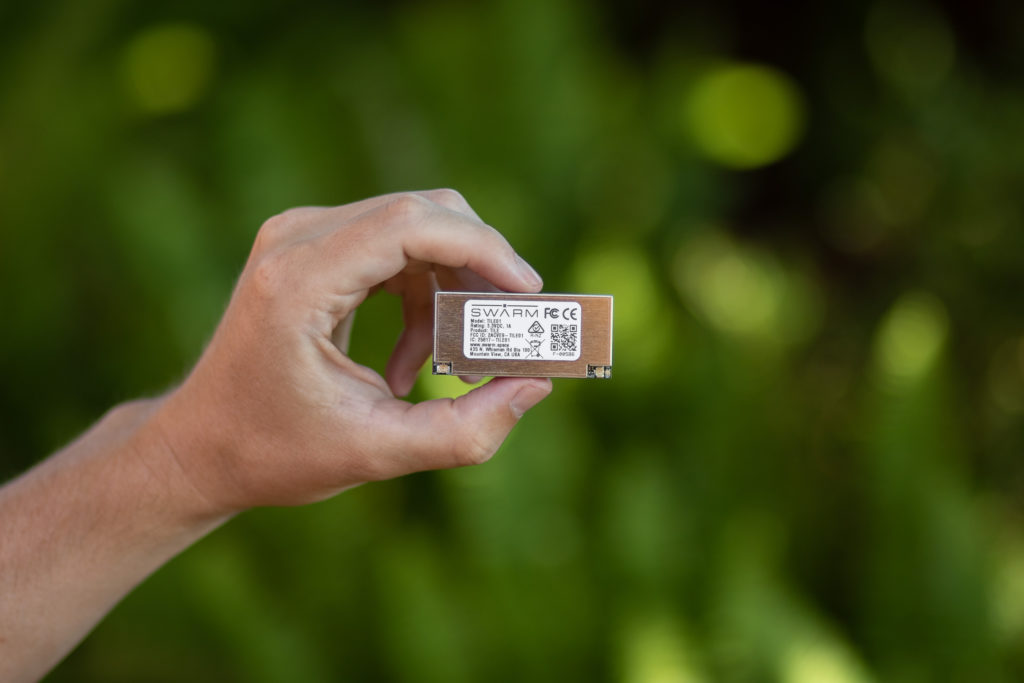
Our guest this week is Sara Spangelo, the CEO of Swarm. She talks about Swarm’s monthly $5 per device pricing model and how Swarm can offer satellite connectivity for that price. We also talk about which customers are using Swarm today and why the company decided to focus on one-to-one connectivity as opposed to building a gateway. We conclude with a conversation on how to evaluate a satellite provider since there are so many options available for customers. I have to admit, I’m coming around to the idea of IoT coverage delivered via satellite as a legitimate business proposition.
Hosts: Stacey Higginbotham and Kevin Tofel
Guest: Sara Spangelo CEO of Swarm
Sponsors: DigiCert and Qt
- CHIP won’t support wearables, appliances, or cameras at launch
- Why Project CHIP is embracing the blockchain for security
- Should your service really have a hardware product?
- Why the satellite era is upon us
- How to figure out what satellite networks can and can’t do
Podcast: Play in new window | Download | Embed
Subscribe: RSS

